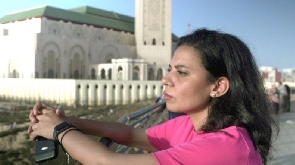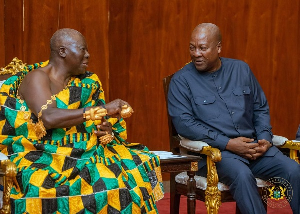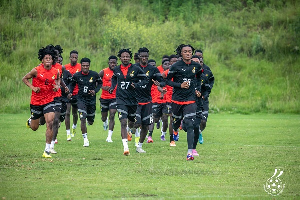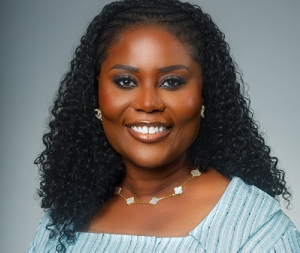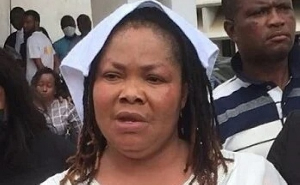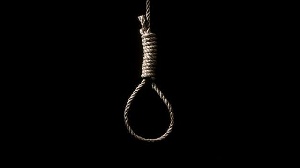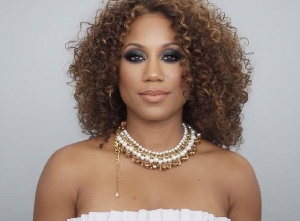BBC Arabic don expose one secret world of sex abuse and exploitation by men wey dey work as “spiritual healers”.
Spiritual healing, wey also dey known as "Quranic healing", na popular practice for di Arab and Muslim world.
Mostly na women dey visit healers – wit believe say dem fit solve problems and cure sickness by removing evil spirits wey dey known as "jinn".
Testimonies wey BBC gada from 65 women, ova a period of more dan one year, mention 65 so-called healers for Morocco and Sudan – two kontris wia dat kain practices dey popular – dem accuse di healers on accuse wey range from harassment to rape.
We spend months dey follow NGOs, courts, lawyers and women tok. We gada and verify stories of abuse.
Dem touch-touch anyhow one undercover reporter wey bin disguise go collect treatment wit one of dos kain healer for our investigation before she run comot from di place.
'I go for depression treatment, I be virgin but e rape and give me belle'
Dalal (no be her real name) bin go meet one of di spiritual healer for one town wey dey near Casablanca for treatment for depression few years ago, wen she dey her mid-20s. She say her healer bin tell her say na one “jinn lover” wey possess her cause di depression.
During one, one to one session, e bin ask her to smell one scent e say na musk – but now she believe say na some kind of drug, because she lost consciousness afta she smell am.
Dalal, wey neva get any sexual experience before, tok say she wake up and see say e don remove her underwear, and she realise say e don rape her. She say she begin shout at di raqi (Quranic healer) and dey ask am wetin e do to her.
“I say: Shame on you! Why you do dis kain tin to me? E say: ‘To make di jinn comot your body.’’’
She say she no tell anyone wetin happun, as shame catch her and she no dey sure who to blame. Wen she discover later say she don get belle, fear catch her.
She bin even reason to take her own life.
Wen she tell di healer about di pregnancy, di healer tell her say na di jinn give her belle.
Dalal say she bin dey traumatised by her experience, and wen she born di pikin, she no gree look her, hold her or even give her name, she give her up for adoption.
She tell us say if her family sabi wetin happun to her, dem for kill her.
Many of di women wey we follow tok, say dem fear say pipo go blame dem, if dem report di abuse, na very few of dem tell dia families, not to tok of di police.
Some tok say dem worry say if dem report di mata, e fit provoke di jinn to take revenge on dem.
'E say im go make love to me, use di body fluid take do concoction wey I go give my husband chop'
For Sudan, one woman wey her name na Sawsan tell us say her husband leave di family house to go live wit anoda woman (second wife) – as im right under Sharia (Islamic law) – she dey broke, alone, poor and needy, so she approach one healer for help.
She say she bin dey hope say di healer go give her some kain medicine to give her husband wey go make am dey treat her better.
But she no dey expect im suggested treatment.
“E say im go make love to me and im go use di resulting body fluids make concoction wey I go feed my husband.”
Wetin e tok show say e dey “fearless”, she tok.
“E dey confident, I no go report am to di police, di courts or even my husband.”
Sawsan say she comot di session immediately and no ever return. She no report im behaviour.
Three of di women wey we follow tok for Sudan about exploitation or abuse, mention di same religious leader – Sheikh Ibrahim.
One of di women, wey we no go mention her name, say e manipulate her to knack her. Anoda, Afaf, tell us say she bin push am comot wen e say im go do kerewa wit her. She say she bin feel powerless.
"Pipo no dey accept say sheikhs dey say and do these things. Dem no dey believe am. How I fit see witnesses? No-one see me for di room wit am."
Undercover journalist share her experience
So, one undercover journalist wey dey work wit our team bin agree to visit Sheikh Ibrahim in a bid to collect more evidence.
Di reporter, wey we go call Reem, bin disguise as client wey dey suffer from infertility.
Sheikh Ibrahim say im go do one prayer for her, and go prepare one bottle of "healing water" – wey dey known as "mahayya" - for her to carry am go house go drink.
Reem say e come move, come sit very close to her and put im hand for her belle. Wen she tell am to remove im hand, wetin e do na to move di hand down her body to wia her genitals dey. She run comot di room.
“Di tin shake me, she later tell us. E get as e dey look wey no dey pure.”
She say she feel say dis no be di first time e go dey behave for dis way.
Di BBC bin question Sheikh Ibrahim about wetin happun to Reem. E deny say im sexually harass or assault women wey come for im help, and e quickly end our interview.
Sheikha Fatima
One woman wey dey offer alternative solution to pipo wey like spiritual healing, wey no wan risk exploitation, na Sheikha Fatima.
Sheikh Fatima dey live near Khartoum, she bin open one female-only healing centre. For 30 years, dis don become one of di few places wia women fit experience ruqyah or healing from oda women.
She give us unique access to dis private space. During our visit, e dey interesting to watch women around me lose all awareness of dia surroundings. Sheikh Fatima tell me how women fit dey vulnerable for dis state, wey dey allow healers take advantage of dem.
"Many women tell us say dem believe say di sheikh comot di devil by touching dem. Dem think say na part of di treatment," she tok. "Wetin you go hear from these women go shock you."
Authorities react
We approach political authorities for both Morocco and Sudan wit our evidence.
For Sudan, Dr Alaa Abu Zeid, wey be head of di family and society department for di Ministry of Islamic Affairs, initially no wan believe say so many women don report dia experiences of abuse to us.
But e agree say lack of regulation for spiritual healing mean say e dey "cause wahala", and e don become "profession for pipo wey no get job".
E tell BBC say im bin don torchlight dia regulation in di past, but say di kontri political instability show say currently e no be priority.
For Morocco, Minister of Islamic Affairs Ahmed Toufiq tok say im no believe say need dey for any separate legislation regarding spiritual healers.
"E dey hard to intervene legally for these matters. Di solution dey for religious education and preaching," e tell us.
BBC Pidgin of Tuesday, 8 August 2023
Source: BBC

